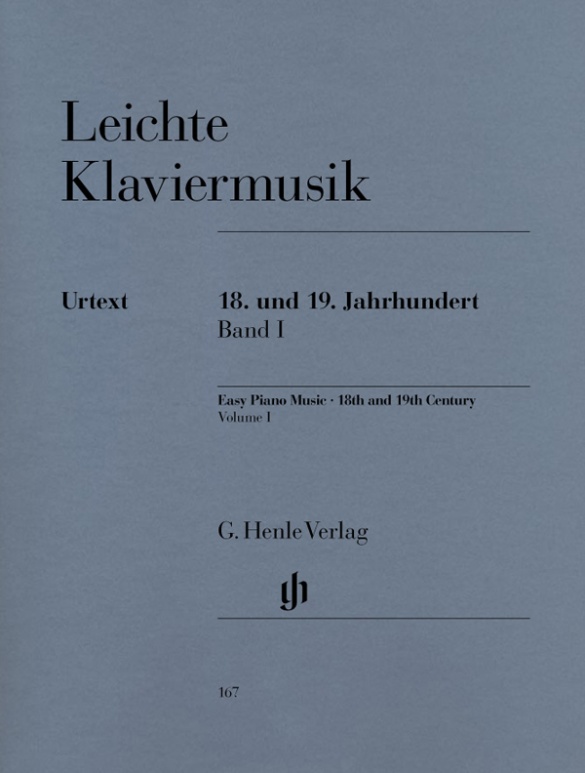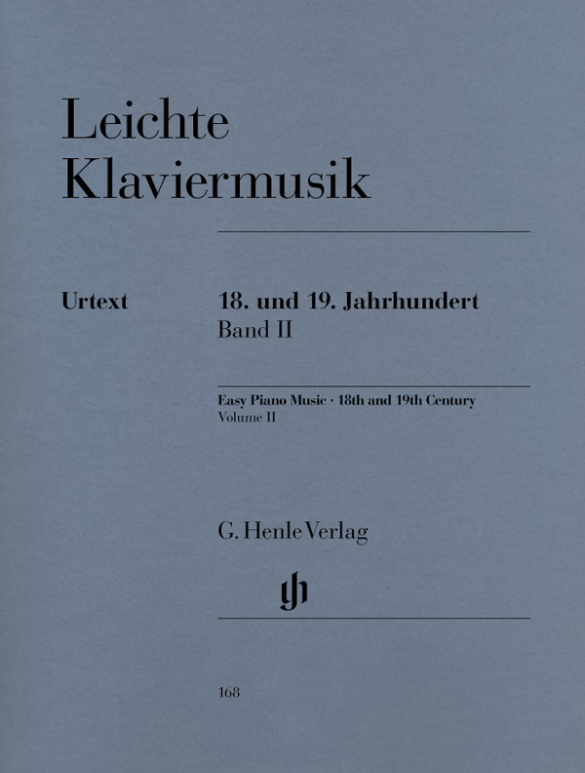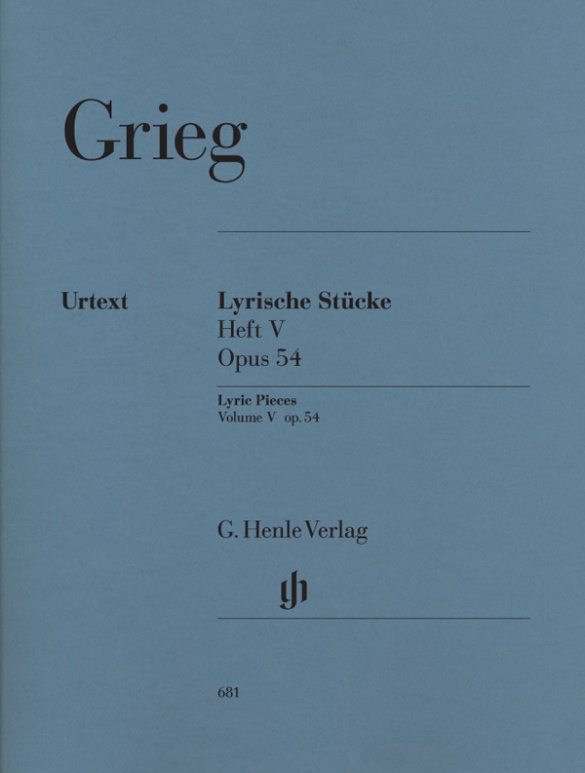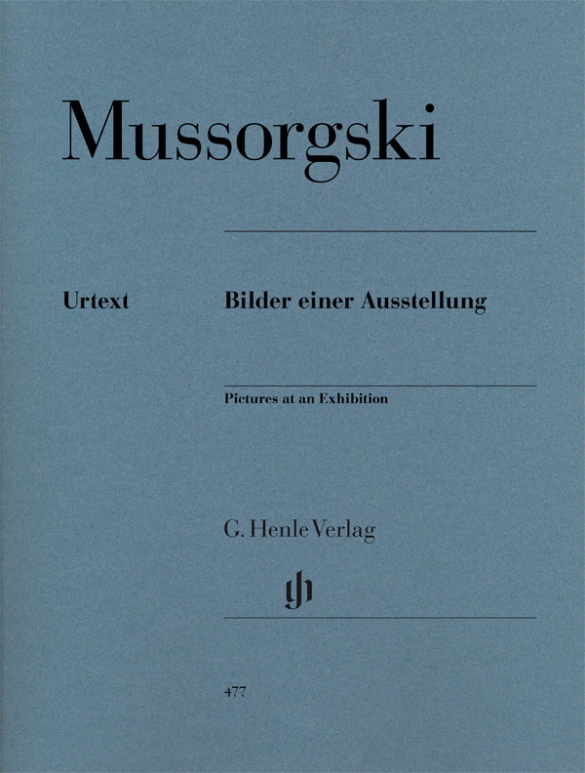

Modest Mussorgsky
Pictures at an Exhibition
In memory of the deceased illustrator and architect Viktor A. Hartmann (1834–1873), an exhibition of his watercolours and drawings was organised in 1874. Modest Mussorgsky, who had been Hartmann’s friend, was inspired by his visit to this exhibition to compose the cycle “Pictures at an Exhibition” for piano solo; a milestone of piano literature. He wrote it in June 1874 in St. Petersburg and subtitled it “Memories of Viktor Hartmann”. The picturesque and evocative musical language, which lets the pictures come to life, has remained fascinating to the present day. The source of the Henle Urtext edition is the cleanly written autograph. The layout of the musical text is based on Mussorgsky’s notation.
Content/Details
About the Composer
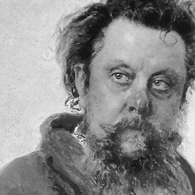
Modest Mussorgski
With Boris Godunov he created the Russian historical opera, but gained fame and renown only after his death.
| 1839 | Born in Karevo on March 21, the son of a wealthy landowner. At age six, music lessons with his mother. |
| 1849 | Attends the Peter School in St. Petersburg, studies piano with Anton Herke. |
| from 1852 | Preparation for his career as an officer. |
| 1856/57 | Acquaintance with Dargomyzhsky, then with Cui, Balakirev, and Stasov. |
| 1859 | He joins together with Mily Balakirev and then dedicates himself foremost to music. |
| 1863 | He is forced for financial reasons to accept a four-year position with the military. |
| 1863–66 | First attempt at composing an opera, “Salammbô,” after Gustave Flaubert. |
| 1868 | Second attempt at an operatic composition, “The Marriage,” after Nikolai Gogol, under the influence of Dargomyzhsky’s opéra dialogué “The Stone Guest,” which in eschewing arias, ensembles, and choruses is seen as a new, original form of Russian music theater. |
| 1868–72 | Song cycle, “The Nursery.” |
| 1869–78 | Position at the Ministry of State Property. |
| 1872 | Work on the ballet-opera “Mlada” (in collaboration with other composers) broken off prematurely. |
| 1874 | Performance in St. Petersburg of the second version of “Boris Godunov” (first version in 1869). “Pictures at an Exhibition” for piano, after pictures by the painter V. Hartmann. |
| 1881 | Death in St. Petersburg on March 28. The unfinished operas “Khovanshchina” and “ Sorochyntsi Fair” are completed by A. Lyadov, V. Karatygin, and C. Cui, among others, and exist today in multiple versions. |
About the Authors
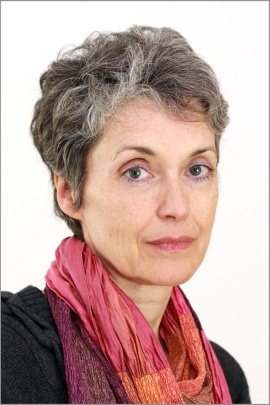
Petra Weber-Bockholdt (Editor)
Prof. Dr. Petra Weber studied musicology, history of art and philosophy as well as other secondary subjects at universities in Munich and Paris; she also took private piano lessons with Hellmut Hideghéti. She did her doctorate in Munich in 1980 with a thesis on Mussorgsky’s songs and habilitated in 1990 in Würzburg with a thesis on Ludwig van Beethoven’s arrangements of British songs.
After spending time as a visiting professor both at home and abroad, since 2001 she has been Professor of Musicology at the University of Koblenz-Landau, Campus Koblenz. Weber’s main areas of research are the theory of the earliest polyphony, Beethoven, and the history of tonality and source studies as the basis for editing. Petra Weber works on the Beethoven Complete Edition, where she is in charge of Volume XI.

Klaus Schilde (Fingering)
Prof. Klaus Schilde, born in 1926, spent his childhood in Dresden. There he was greatly influenced by Walter Engel, who taught him the piano (Kodaly method), composition and violin. From 1946–1948 he studied at the music conservatory in Leipzig with Hugo Steurer. After moving to the west in 1952 he studied with Walter Gieseking and Edwin Fischer, as well as with Marguerite Long, Lucette Descaves and Nadia Boulanger in Paris.
Schilde won numerous prizes. From 1947 onwards he gave concerts as a soloist and chamber musician on almost every single continent with renowned orchestras. He taught at the music conservatories in East Berlin Detmold, West Berlin, Munich, Tokyo (Geidai) and Weimar. From 1988–1991 he was President of the Staatliche Hochschule für Musik und Theater in Munich, where he also taught for decades as a professor. There are numerous radio and television broadcasts with Klaus Schilde as well as CD recordings. Schilde has contributed fingerings to almost 100 Henle Urtext editions.
Prof. Klaus Schilde passed away on 10 December, 2020.
Product Safety Informations (GPSR)

G. Henle Verlag
Here you can find the information about the manufacturer of the product.G. Henle Verlag e.K.
Forstenrieder Allee 122
81476 München
Germany
info@henle.de
www.henle.com
推荐
autogenerated_cross_selling
本书目其他版本
本书目其他版本


